|
In one of those moments where I went searching for information about one topic and stumbled across information on something entirely different, I recently learned that the Kingdom of Bhutan measures not only its Gross Domestic Product (GDP), but its Gross National Happiness (GNH) as well. 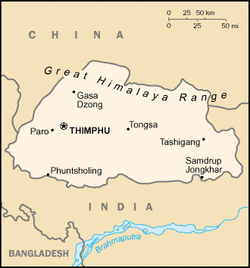 Bhutan ("Land of the Thunder Dragon") is a landlocked state in South Asia, nestled on the southern slopes of the Himalayas, sandwiched between India and China. It's a land of steep, jagged mountains and deep valleys through which course swift-flowing rivers. Its diverse flora and fauna include the increasingly rare Bengal tiger and snow leopard, the red panda, and primates such as the golden langur. (Sounds delightfully like some parts of Middle Earth.)  Golden Langur In 1999, just before the new Millennium, Bhutan lifted its ban on television and the Internet. And throughout the first decade of the 21st Century, it underwent considerable political reform, becoming a constitutional monarchy, with a cabinet of ministers and an elected National Assembly that has the power to impeach the monarch! Through the Centre for Bhutan Studies, it also made a serious attempt to measure the happiness of its people through an indicator called Gross National Happiness that measures quality of life and social progress in more holistic and psychological terms than simple economic factors, which in Bhutan's case is "how much electricity can we sell to India?" (All those rushing rivers create a lot of hydroelectric power!)  Bhutan temple = Shangri-La? Learning all this, of course, got me to thinking about happiness in general. Bhutan measures it in nine different domains, including time use, cultural and ecological diversity, resilience, education, health and something called "good governance." Hmmmm, we might have to leave that last one off of any happiness survey taken in Illinois (and on a national level). When seeking to form an opinion on weighty matters, I often like to consult the words of my predecessors in hopes of gaining a larger perspective. So once again, I turned to Bartlett's and the online quote farms for a gander at the wisdom of the ancients. 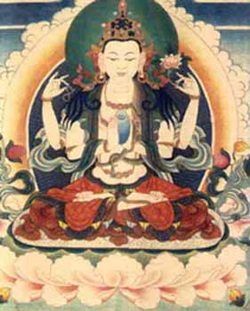 Image of Buddha (Tibetan) Since the majority of the Bhutanese practice Buddhism, it seemed appropriate to consult Buddha first. And, as usual, with him, as with Janet Jackson, it's all about control: "To enjoy good health, to bring true happiness to one's family, to bring peace to all, one must first discipline and control one's own mind. If a man can control his mind he can find the way to Enlightenment, and all wisdom and virtue will naturally come to him." The Dalai Lama weighed in on this as well: "Happiness is not something ready made. It comes from your own actions." I sense a lack of emphasis on the material here. 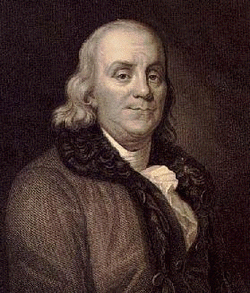 He looks reasonably happy. "Money has never made man happy, nor will it, there is nothing in its nature to produce happiness. The more of it one has the more one wants." That's Benjamin Franklin talking. Of course, he also said this: "Marriage is the most natural state of man, and... the state in which you will find solid happiness." And there are scads of unhappily married people in the world who would vociferously disagree. (I would hope that does not include the King and Queen of Bhutan, who look like a darling couple who would be a sparkling addition to any dinner party.) 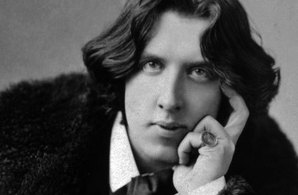 "Make my day. Go away!" Speaking of dinner parties, that means other people, and there are plenty of opinions out there about how other people can or cannot affect one's happiness quotient. As Oscar Wilde, he of the razor-sharp wit, noted: "Some cause happiness wherever they go; others whenever they go." I would be remiss if I did not consult the Bard of Avon, who moaned: "But O, how bitter a thing it is to look into happiness through another man's eyes." (from Act 5, Scene 2, As You Like It.) Mr. Acerbic Straightshooter (literally and figuratively) Ernest Hemingway complained that "the only thing that could spoil a day was people. People were always the limiters of happiness except for the very few that were as good as spring itself." 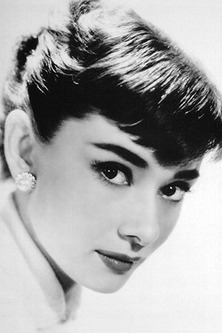 I'm happy just looking at her! Wow, you're mumbling to yourself, this is getting rather depressing! I thought the topic was "happiness!" Okay, okay, enough angst about happiness! After all, according to comedian George Burns, "happiness is having a large, loving, caring, close-knit family in another city." And doctor, do-gooder and Nobel Prize-winner Albert Schweitzer (and Audrey Hepburn paraphrasing him) joked that "happiness is nothing more than good health and a bad memory." 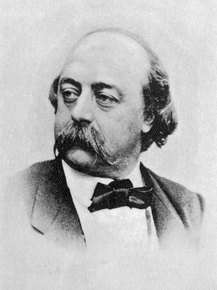 Gustave "I am the Walrus" Flaubert Hmmm, I sense a trend here about happiness and the brain. Hemingway (yes, him again) wrote: "Happiness in intelligent people is the rarest thing I know." But let's allow Gustave Flaubert to have the last word on happiness for today: "To be stupid, selfish, and have good health are three requirements for happiness, though if stupidity is lacking, all is lost." Okay, Mr. Flaubert, if that's the case, then what was Madame Bovary's problem?
0 Comments
Leave a Reply. |
AuthorTo find out more about me, click on the Not Your Average Jo tab. Archives
February 2024
Categories
All
|
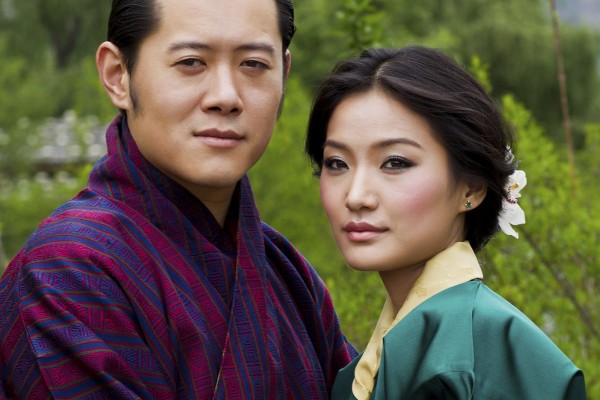
 RSS Feed
RSS Feed